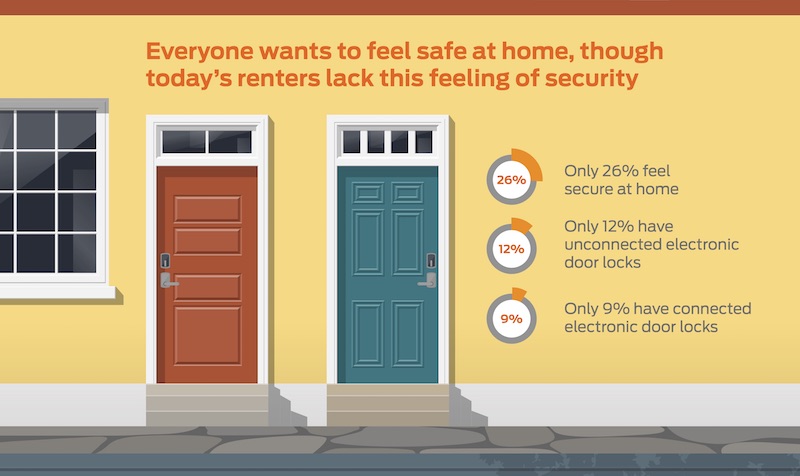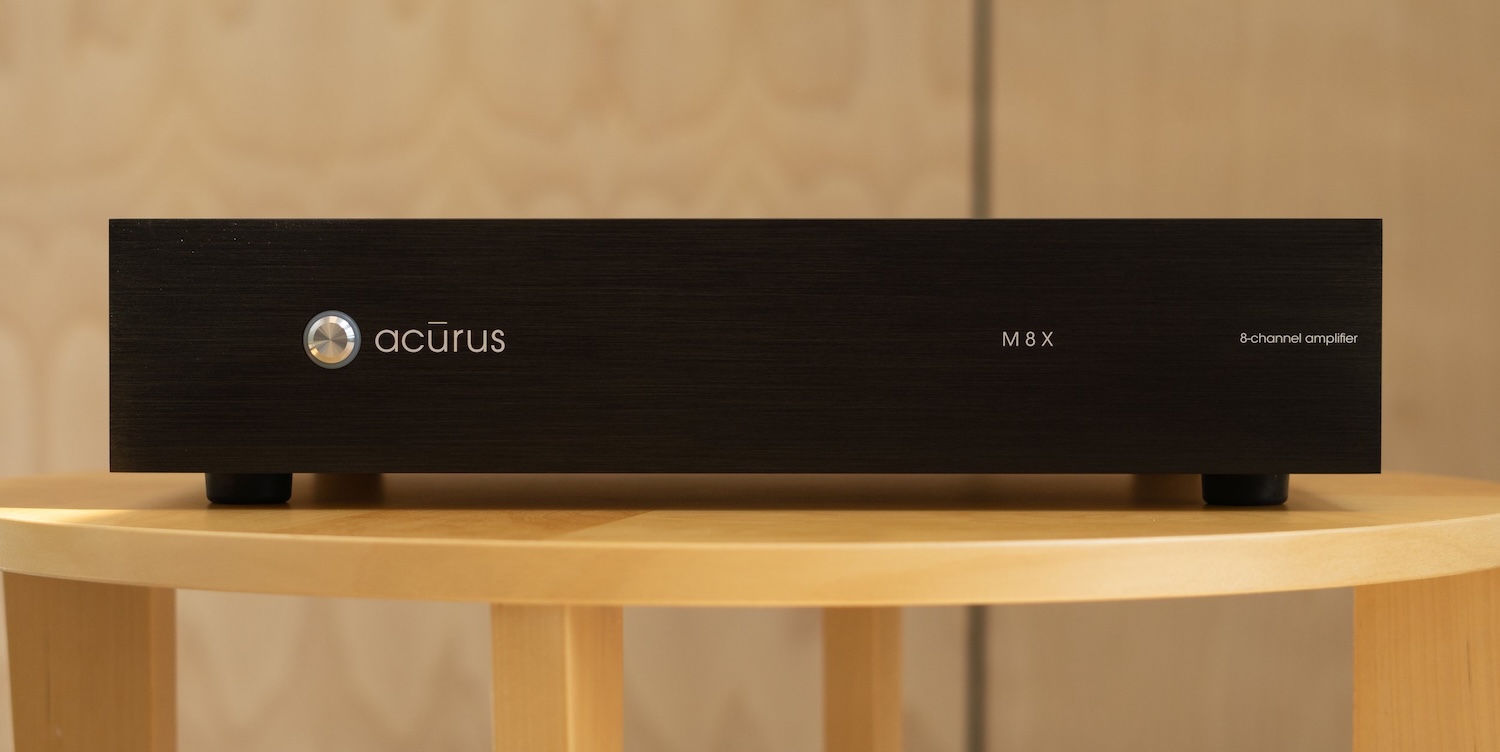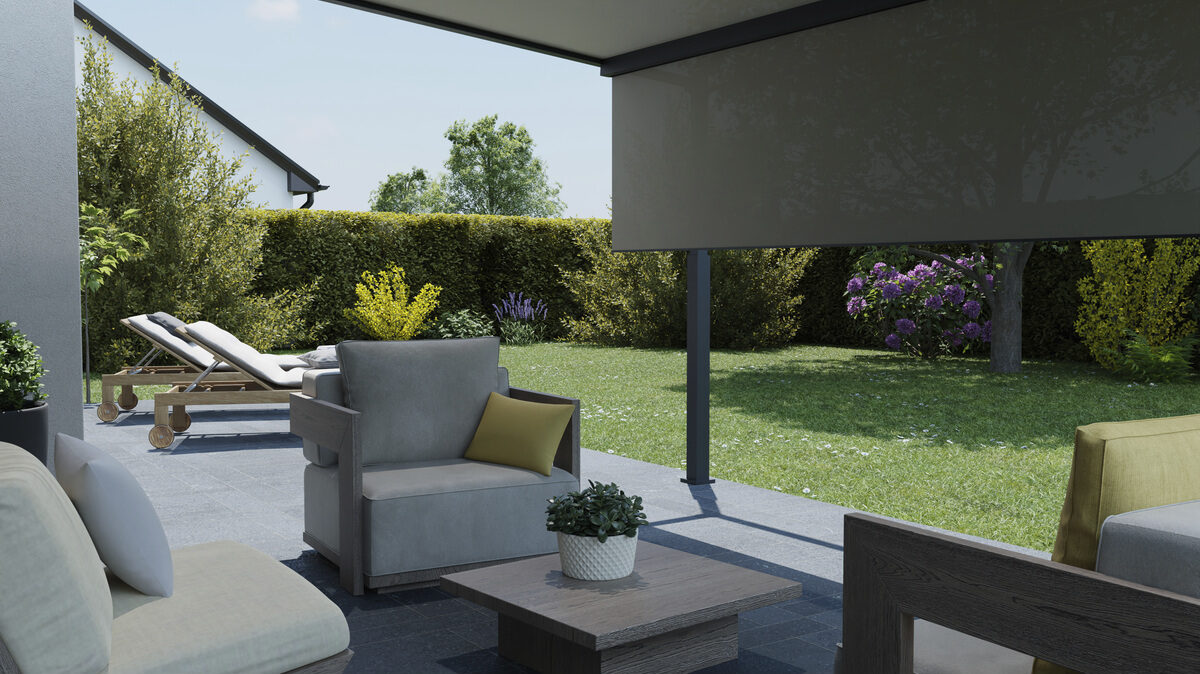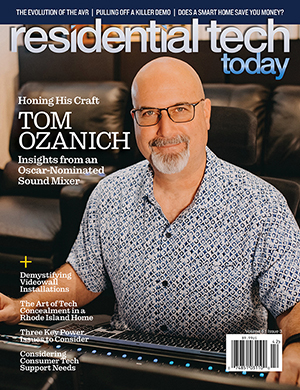In case you hadn’t heard, millennials are just like you and me. Kidding! The largest demographic population in U.S. history is actually unique in enough that they often require their own special surveys just to figure out what makes them tick.
Now that the millennial generation is entering its peak spending years (ages 23-39), their consumer habits and preferences are more important than ever to manufacturers and marketers. Such is the case with Allegion U.S., a provider of security products and solutions, which commissioned a national survey to provide insights into millennials’ preferences for multifamily living and how they prioritize safety and security.
The survey, “Home Safe Home: How Millennial Preferences Are Redefining Multifamily Living,” highlights millennials’ habits, behaviors, and tendencies when it comes to their living situation and expectations for the future and evaluates their sense of security at home.
The randomized blind survey of 1,002 adults (aged 23-39), conducted in November 2019, indicated that almost three-quarters of millennials have long-term plans to live in an apartment building, and that safety and security are top priorities. However, 74 percent don’t feel secure in their current dwellings, and very few (less than 10 percent) have electronic door locks. Fifty-two percent would prefer to access their home using tech-based entry methods including a smartphone, pin code, biometric solution, key fob, or card credential.
“Property managers and developers can benefit from looking to new, innovative means of access control to keep pace with tech-savvy millennials,” said Robert Gaulden, director of multifamily channel strategy at Allegion U.S. “The survey reinforces the value of mobile-enabled systems –not only do they bring building residents, service staff, and guests convenient all-in-one mobile access control, but they can also simplify and streamline scheduling maintenance requests, managing packages, visitor management, and more.”
When looking at millennials’ current and future planned living accommodations, respondents indicated that multifamily living will be a mainstay. Seventy-two percent of millennials currently live in an apartment building. Seventy-five percent plan to stay in their current residence six months or longer.
Millennial Sense of Safety
The majority of millennials do not feel secure in their home nor have the technology installed that they need to feel safe, according to the survey. As many Americans respect stay-at-home orders and/or opt to shelter in place during these unprecedented times, these two data points are especially relevant: 74 percent of millennials don’t feel secure in their home, and few have connected electronic door locks (nine percent).
The use of delivery services is significant among millennials, but those surveyed indicated they are not immune to package thieves. Fifty-seven percent of millennials currently use delivery services like Amazon (mostly for retail and food deliveries), with most receiving an average of one to two packages per week (63 percent). Thirty-nine percent have had packages stolen from their front door sometime in the past.
Seamless Security for Millennials
The on-demand millennial generation values seamless convenience and integrated solutions for home security. For example, a residential portal app to pay rent, submit maintenance requests, etc. is of the greatest interest for a future residence when it comes to amenities (56 percent). Three out of five respondents would be more likely to live in a place that offered mobile access control. Fifty-two percent prefer to access their home using alternative entry methods (pin code, smartphone, biometric, key fob, or card credential). Fifty-eight percent are comfortable and have given out one to two keys or access codes to family or friends.
Allegion concluded from its survey that property managers, security integrators, and developers can help increase multifamily security by incorporating electronic access control. Beyond secure access, these solutions also allow for streamlined visitor management, package delivery, and concierge services.








![ecobee premium airzone control The ecobee Smart Thermostat Premium. [Photo credit | ecobee]](https://restechtoday.com/wp-content/uploads/2025/06/ecobee-premium.jpg)
